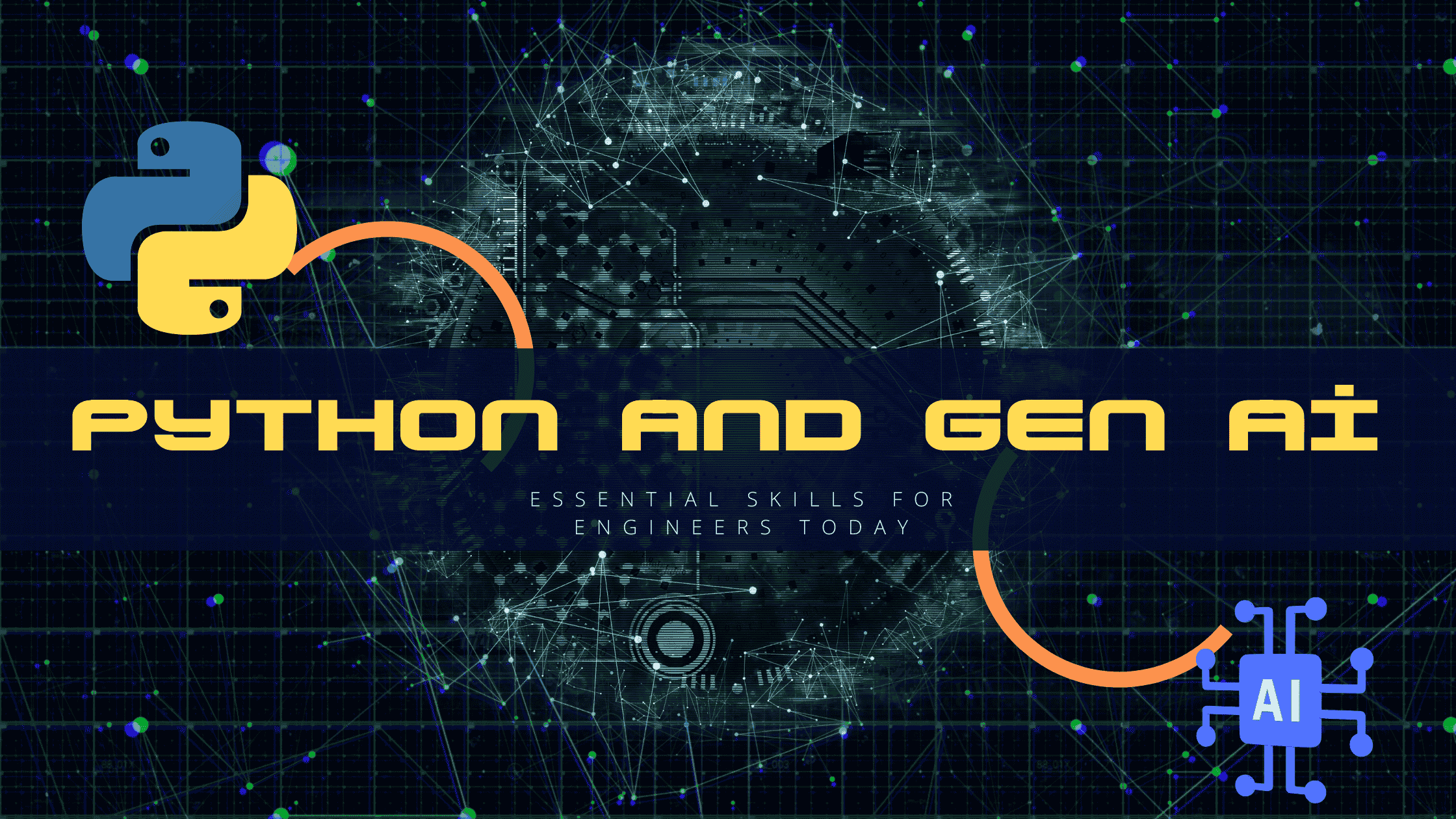Unfortunately, most people have little knowledge or understanding of what makes up true business intelligence and two of the most robust technologies for accomplishing business intelligence include Artificial Intelligence, also referred to AI and Predictive Analytics. These technologies have evolved to become beneficial as organizations strive to fully capitalize on data to make insights, forecast, and make sound decisions. However, it would be reasonable to assume that the following question is on everybody’s lips at the moment: what part does AI perform in Predictive Analytics for Business Intelligence? Fair enough And why should businesses care? Here are additional questions answered in this article and machinations of how Predictive Analytics is transforming through the help of AI along with future direction for Business Intelligence.
Understanding AI and Predictive Analytics
What is AI?
Artificial Intelligence is the replication of different human intelligence processes in operations performed by computers especially those in the computational mode. Such processes include acquiring data and knowledge, understanding how we can use them (thereby making a process of learning), applying various knowledge to reason, derive approximate or definitive outcomes when required, and correcting ourselves. AI is integrated into virtually all trending technologies ranging from the voice-recognition systems to self-driving cars and now being introduced to the world of Predictive Analytics.
What is Predictive Analytics?
Predictive Analytics entails crafting an estimator from the historical activities with the aim of making predictions on the future probabilities of similar activities based on past data. The very essence of business planning is future events and behaviours prediction. This capability is important for strategic planning since it helps the firms that possess it to be in a position to predict challenges and opportunities before they happen.
How AI Enhances Predictive Analytics?
AI expands Predictive Analytics by improving its performances in terms of accuracy, time consumption and expansiveness. First Generation or Traditional Predictive Analytics was characterized by the following; it involved the use of fixed models with data being fed manually into the system, a process that was slow and could produce results that were soon out dated. While the basic approach is the same, AI employs profound algorithms and consequently improves models and incorporates more accurate and timely forecasts.
Learn more about the Impact of Artificial Intelligence on Jobs Market and Employment
The Evolution of Business Intelligence
Historical Perspective
BI could be defined as an analytical way of management of information derived from business processes that is said to have evolved significantly over the years. Historically BI has been and still is viewed as a means of storing data, gathering information and producing reports. Such reports were still while valuable information was already ancient by the time it arrived with the decision-makers.
Transition from Traditional BI to AI-Driven BI
Thanks to advancement in the field of AI, BI has transitioned from purely historical analysis to forward-looking analysis. Historical systems of BI mainly concentrated on the use of descriptive analytics that is the what and why of the business. AI-driven BI, however, sits more in predictive and prescriptive analytics—what will happen and how it can happen.
The Role of Data in This Evolution
Information is the blood that flows through Business Intelligence system. Faced with the existence of big data, organizations will be able to have more data than it has ever had before. Nevertheless, in the hands of not—they are just noise if the analyst does not have the proper tools where to carry out statistical data analysis and inference. AI and Predictive Analytics make this noise meaningful and beneficial to businesses to ensure they make better decisions for their operations.
How AI Integrates with Predictive Analytics
Data Collection and Preprocessing
Data collection is typically one of the very initial stages that are followed when undertaking any Predictive Analytics tasks. First of all, this process is facilitated with the help of AI that collect information from a number of sources, such as customers, social networks, or IoT devices. After data collection, pre-processing of data is done to prepare the data for further analysis and after that data mining can be done. According to this, AI solutions perform great, pointing out the errors, omissions, and making sure that all data is correct for the analysis.
Machine Learning Models in Predictive Analytics
It is widely agreed that Predictive Analytics that is hinged on AI relies heavily on machine learning models. These models employ past data to predict the data of future occurrences because these models learn from historical databases. These models are particularly useful to businesses as they help them to forecast on issues such as customers’ behavior or likelihood of equipment failure among others.
AI Algorithms for Better Predictions
Neural networks as well as decision trees are sophisticated methodologies that have been developed in order to accurately predict dataset with high level of complexity. While conventional techniques of analysis may examine some few factors at once, AI models can simultaneously diagnose numerous factors and relationships that may be very difficult for the human sight.
Key Benefits of AI in Predictive Analytics for Business Intelligence
- Effective Decision-Making – In Predictive Analytics, AI avails information that can be useful in making sound decisions to organizations. Thus, managerial forecasts of its future trends and outcomes, thus allowing to prevent potential problems and use promising perspectives.
- Enhanced Accuracy in Predictions – That is where, with the help of AI, the accuracy of the predictions gets to higher levels. Machine learning algorithms keep on learning from the new data hence improve the models over a certain period. This level of accuracy is important to organizations who rely on forecast, for instance, inventory control and distribution.
- Real-Time Analytics and Insights – In the current world business operations, real-time analysis is transformative. AI allows for processing of information in real time, this means that businesses are able to make decisions immediately when they receive the information. The timing-sensitivity of this capability is particularly notable and it proves most beneficial in the application fields such as the financial and retail sectors.
Watch more about Devstutor on our YouTube Channel
Use Cases of AI in Predictive Analytics for Business Intelligence
1. Predictive Maintenance in Manufacturing
There are number of applications that are being implemented in Manufacturing companies today and one of the application is Predictive Analytics where company can predetermine when a machine is likely to fail and get it repaired before it does. This approach limits on idle time and also leads to increased longevity of the machinery involved.
2. Customer Behavior Analysis in Retail
AI is also used in sales where retailers are able to interpret the details of the consumer trends with an aim of making future forecasts on consumer spending. By so doing they can identify what the customer is most probable to purchase next. Therefore, it will help businesses to map their marketing communications leading to enhanced customer satisfaction.
3. Risk Management in Finance
AI is applied to analyze the potential risks facing the financial institution like credit risk, operational risk as well as trading risk. Through trending analysis of the past data and real time assessment of the current market AI can assist business in better decision making regarding investment.
4. Inventory Management in Supply Chain
This is true because AI assists the firms to forecast the demand of the products in the market so that to maintain optimum levels of inventory. This help in avoiding large accumulation of stock with an organization or running out of stock through provision of accurate information in a timely manner.
Challenges in Implementing AI in Predictive Analytics
Data Privacy Concerns
Among the toughest issues related to the integration of artificial intelligence in Predictive Analytics, one of them has been data privacy. Since there are ever-tightening laws regarding data protection, it is thus necessary for companies to be keen on how they deal with the information and thus meet the set laws.
The Need for Skilled Professionals
The solutions mentioned above concerning the AI-based Predictive Analytics need specific skills in the field of data science, machine learning, and artificial intelligence. The recruitment of such talents is not easy, and even more so for small to medium enterprises in today’s economy.
Integration with Existing Systems
A lot of organizations, therefore, face significant challenges in being able to fully integrate with the available AI tools. This can result in more data being locked in the confines of an organizational department so that there is little or no data sharing which ultimately hinders use of AI by the organization.
Overcoming Challenges in AI-Powered Predictive Analytics
Ensuring Data Security and Compliance
It is, therefore, incumbent upon businesses to improve the levels of security of the collected data and, especially, adhere to such regulations as GDPR. This includes, in addition, such measures as encryption, anonymization, and setting of access rights on data containing sensitive information.
Upskilling the Workforce
To address the talent shortfall problem, organisations should consider expensive measures of training and nurturing their employees. Therefore by training the human Capital in a areas of specialization such as data science and AI, businesses will in turn be able to harness full potential of Predictive Analytics.
Leveraging AI Tools and Platforms
Most of the AI technologies and solutions available in the market are created to be easy to implement since they are compatible with the currently existing systems. As a result, by selecting proper instruments, enterprise may optimize the integration period and, therefore, optimize the possible advantages of applying AI in the field of Predictive Analytics.
Future Trends in AI and Predictive Analytics
1. The Rise of AI-Driven Automation
Automated Predictive Analytics is now in the starting blocks and AI-powered advance is anticipated to proselytize its beginning. This explains why as AI continues to develop it will also in effect, take over many functions in the analysis of data including data gathering, training and even implementing the models. As a result, this will help to bring Predictive Analytics within the reach of even the smallest organisations.
2. Predictive Analytics as a Service (PAaaS)
Predictive Analytics as a Service (PAaaS) is the new trend where businesses can subscribe to have the tools analyzed to by Analytics via Artificial Intelligence. This model is preferred especially by the SMEs since it does not require significant capital investment in technology and human resource.
3. Ethical Considerations in AI-Driven Analytics
In turn, it will be even more important to consider such aspects as ethics due to the further introduction of AI into the field of Predictive Analytics. Therefore, the following are findings; Organizations have to ensure that their deployment of AI is not deceptive and is compliant with different ethical standards. This means not only questioning where these algorithms originate from such as how an algorithm is developed to work to fix problems like the distribution of algorithms that work against certain groups but also where these AI decisions come from in the sense of not discriminating against certain people.
Conclusion
AI is playing a pivotal role in transforming Predictive Analytics and, consequently, Business Intelligence. By significantly enhancing the accuracy, efficiency, and scalability of Predictive Analytics, AI is enabling businesses to make smarter decisions and, therefore, stay ahead of the competition. As we look to the future, it’s clear that AI will not only continue to shape the landscape of Business Intelligence but also offer new opportunities and challenges alike.




4 thoughts on “The Role of AI in Predictive Analytics for Business Intelligence”